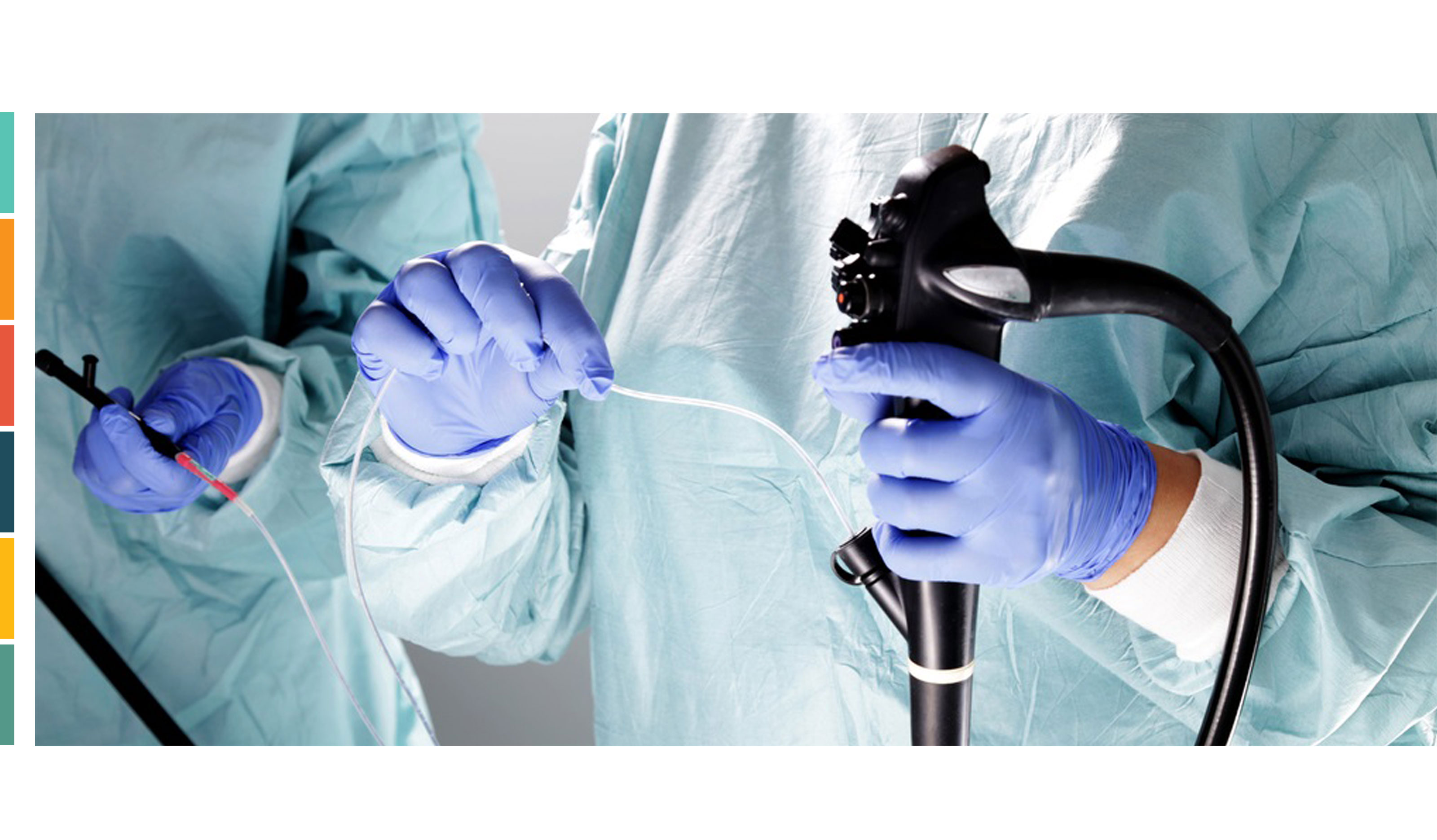What is colonoscopy?
Colonoscopy is performed with a special endoscope, called colonoscope that is a flexible tube with integrated camera and light in one end. Colon and terminal segment of small intestine are examined. It can be used not only for diagnosis, but also for treatment.
What are indications of colonoscopy?
Anal – rectal bleeding.
Positive fecal occult blood test
Anemia without any clear reason
Weight loss with no clear reason
Idiopathic abdominal pain
Long-lasting diarrhea
Long-lasting constipation
Examination of abnormalities in colon detected with imaging modalities, such as computerized tomography
Screening, follow-up and endoscopic treatment of colon cancer and polyp
Diagnosis and follow-up of inflammatory bowel diseases (Ulcerative Colitis and Crohn’s Disease),
How is Colonoscopy performed?
Sedation and analgesia or general anesthesia is administered to minimize pain, fear and anxiety and make the patient feel more comfortable.
Oxygen saturation, pulse and blood pressure are monitored during colonoscopy.
Colonoscopy is started usually after the patient is placed left flank position.
Colonoscope is inserted into anal canal. All segments of colon and terminal segment of small intestine are examined carefully in detail.
Air is blown by colonoscope to ensure clear vision during colonoscopy.
The lesions identified in colonoscopy can be biopsied for pathological examinations and polyps that can transform into cancer in time can be extracted.
Colonoscope, materials used for the procedure and endoscopy room are disinfected and sterilized before and after each procedure to eliminate infectious microorganisms, such as bacteria, fungi and viruses.
What should be taken into account before colonoscopy?
Colon should be prepared well with colonoscopy preparation diet before colonoscopy.
All vegetables, fruits, dried nuts and fruits, bread and bakery products should be avoided for at last 3 days before colonoscopy. Meat, chicken, fish, yoghurt, egg and grain-free soups can be consumed.
Clear liquid diet should be followed and minimum 3 to 4 liters of water should be consumed on the day before colonoscopy. Water, light tea, apple juice, grain-free compote and clear meat and chicken broth can be consumed during clear liquid diet.
Clear liquid intake should be stopped 4 hours before colonoscopy.
Colon cleansing medications should be taken on the day before colonoscopy. Laxative agent should be used in the morning of the procedure.
Doctor should necessarily be informed, if the patient has certain diseases, such as heart disease and asthma. If blood thinners are used, they should be arranged by doctor before the procedure.
Smoking should be avoided on the day of the procedure.
What should be taken into account before colonoscopy?
Patients should be monitored in observation room for a while after colonoscopy, as sedative agents are administered in colonoscopy.
Patient can neither drive nor do any work that requires attention due to effects of sedative agent. Therefore, patient should be driven to home by a companion.
Air blown in colonoscopy can cause abdominal pain and distension after this procedure. Abdominal pain and distension will gradually regress after patient discharges gas from anus.
Minimal blood may discharge from anus after colonoscopy.
What are side effects of colonoscopy?
Medications that are used to clean colon before colonoscopy can lead to nausea, vomiting and distension.
Risk of serious side effect is low in colonoscopy. Colon can perforate or bleeding can develop secondary to colonoscopy.
Sedative agents and pain killers that are administered in colonoscopy can cause allergic reactions.
Cardiac and respiratory side effects can develop secondary to sedation.



